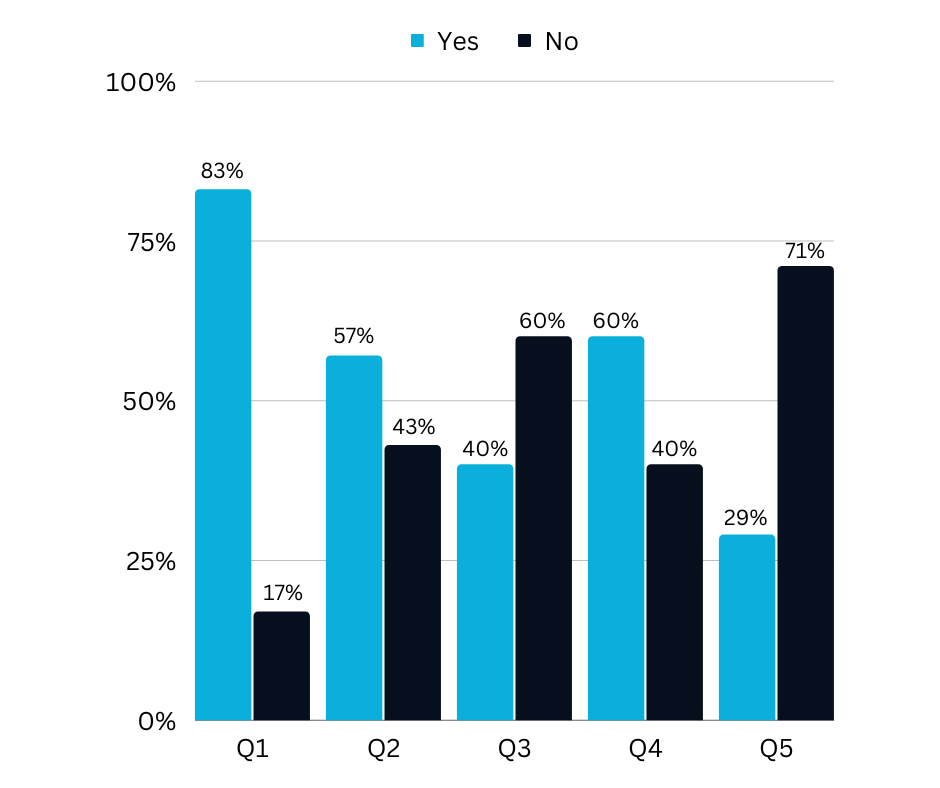UK Public & Businesses Divided Over Government Decision to Delay Petrol Ban

The UK government's decision to postpone the ban on new petrol and diesel car sales has elicited mixed reactions from car manufacturers, SMEs and the public alike. Prime Minister Rishi Sunak announced that the ban, initially slated for 2030, would now commence in 2035.
The delay aligns the UK with the European Union, which also plans to ban new petrol and diesel car sales by 2035. However, the decision has sparked a debate, with some viewing it as a setback in the fight against climate change, while others see it as a pragmatic move.
The move aims to alleviate the financial burden on working people, according to Sunak, who called for "sensible green leadership."
Car Industry Reactions
Ford criticised the decision, stating that it undermines their investment in electric vehicles. Lisa Brankin, Ford's UK chair, emphasised the need for "ambition, commitment, and consistency" from the government. On the other hand, Toyota welcomed the delay, calling it "pragmatic."
The Society of Motor Manufacturers and Traders (SMMT) expressed concerns that the delay could deter drivers from switching to electric vehicles. Mike Hawes, SMMT's chief executive, said the delay sends an "incredibly confusing" message to consumers.
The Opinion of Affected UK Businesses
For a broader perspective, we invited representatives from affected UK businesses in adjacent industries to have their say on the decision. Here is their responses:
Craig Kingshott, Sales Manager at iDaC Solutions, expressed disappointment but remained optimistic about the electric vehicle (EV) industry's future. He said,
"I'm disappointed by the UK government's decision to postpone the ban on petrol and diesel cars from 2030. Despite this setback, I believe the EV industry's momentum will continue."
Patryk Doornebos, Owner of Car Triple, sees the decision as a mixed bag. He believes that while the delay provides some breathing room, it also slows down the urgency to combat climate change.
Christopher Jackson, Chief Technology Officer at EcoMotionCentral.com, called the decision
a double-edged sword." He said, "We're in a climate crisis and every year counts. It's like being in a sinking ship but deciding to bail out water a bit slower.
Pablo Martinez-Moore, Commercial & Marketing Director at North Ridge Pumps, was not surprised by the delay. He expects that internal combustion engines will adapt to operate on synthetic fuels.
Thomas Riley from Zego believes that the future is electric but sees the delay as an opportunity for industries to adapt. He said,
The transportation and insurance sectors, along with the government, must work collaboratively to ensure that the UK remains on track to meet its environmental goals.
Louis Verrico, Company Director at Pace Van Hire Group, said,
It's imperative that the shift is practical, economically viable, and truly beneficial for the environment.

Image credit: https://unsplash.com/photos/circle-gas-station-along-the-road-during-night-time-EoxzfNEdxOw
UK Public Stats
We decided to gather the opinion of the UK public on the latest developments by putting a survey out to 3,285 people and the findings reveal a complex picture of public sentiment towards the government's decision.
A significant 83% of respondents agree with the delay from 2030 to 2035, suggesting a level of apprehension about a rapid transition to electric vehicles. This sentiment is further supported by 57% who indicated that the delay would deter them from making the switch.
Interestingly, 60% believe that the government should offer more support to the automotive industry, indicating a desire for stability and a clear roadmap. However, there's a notable lack of confidence in the existing infrastructure and incentives for EVs, with only 40% saying they would switch sooner if these were improved.
Lastly, a mere 29% believe that the majority of cars sold in the UK will be electric by 2030 without government intervention, highlighting a general scepticism about the organic growth of the EV market.
Looking Ahead
The UK government's decision to delay the ban on new petrol and diesel car sales to 2035 has clearly polarised opinion across the board—from car manufacturers and small businesses to the general public. While some see the delay as a pragmatic approach that allows for economic and infrastructural adjustments, others view it as a setback in the urgent fight against climate change.
The Saxton 4x4 survey further underscores this division, revealing both apprehension and scepticism about the UK's readiness for a full transition to electric vehicles. As the debate continues, what remains clear is the need for a balanced approach that combines environmental urgency with practical feasibility. Whether this delay will ultimately prove beneficial or detrimental is a question that only time—and perhaps further government action—will answer.
Public Survey Methodology & Data in Full
We surveyed a total of 3,285 users across our two main social media platforms @saxton4x4 & @forzafinance across the week commencing 25th September 2023.
1. Do you agree with the decision by the government to delay the ban on new petrol and diesel car sales by pushing it back five years from 2030 to 2035?
- Yes 83%
- No 17%
2. Will this put you off switching to an electric vehicle?
- 57% Yes
- 43% No
3. Would you switch to an EV sooner if there was more reliable infrastructure and more incentives were offered?
- 40% Yes
- 60% No
4. Do you think the government should provide more support to the automotive industry rather than ‘moving the goalposts’
- 60% Yes
- 40% No
5. Do you believe that the majority of cars sold in the UK will be electric by 2030 without government intervention?
- Yes 29%
- No 71%

Header image credit: https://unsplash.com/photos/a-man-pumping-gas-into-his-car-at-a-gas-station-f4UbPVbJcjw




